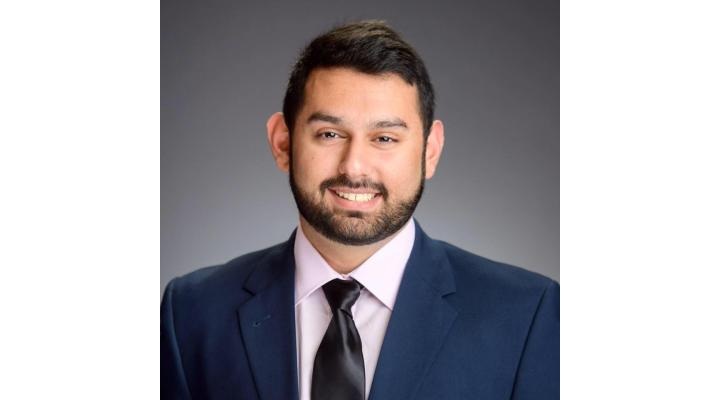Robert Newman, a Senior Lecturer in Engineering Management in Cornell’s College of Engineering, had some specific objectives when he launched the new class ENGMT 5940: Economics and Finance for Engineering Management. He wanted to ensure that graduating engineers had the fundamental skills and vocabulary to speak confidently and professionally with upper management and corporate finance departments regarding projects. He also wanted to ensure his Master of Engineering (M.Eng.) students were exposed to a wide variety of real-world situations requiring economic analysis and work with senior management.
One important focus of Cornell Engineering’s M.Eng. degree, no matter which school or department offering the degree, is to give students exposure to the work professionals do in their field, day in and day out. According to Newman, for students earning their M.Eng. in Engineering Management, that means “applying economic principles within an engineering environment—as this gives students more context about how projects are evaluated in a real company.”
While preparing to teach the class, Newman called his colleagues Brad Treat and Ken Rother. Both Treat and Rother are heavily involved with a business incubator and workspace in Ithaca called REV: Ithaca Startup Works. "Classes I teach are not prerequisites for anything but life," says Newman. "I want my students to get skills they will be able to apply right away. I knew that Brad and Ken would be able to help me find companies with real questions my students could help them answer."
 The companies Rother and Treat found to support this collaboration, Iko Systems, Heat-1, Kingsley Quality Woodworking, ShrubBucket, and Wicked Devices, are all members of Rev.
The companies Rother and Treat found to support this collaboration, Iko Systems, Heat-1, Kingsley Quality Woodworking, ShrubBucket, and Wicked Devices, are all members of Rev.
Newman spent the first third of the semester making sure the students had the fundamentals and the tools they would need in order to communicate well and to give these companies the answers they were looking for. And then the students spent the rest of the semester working closely in small teams alongside representatives of the companies, digging into vexing problems and coming up with answers.
Dirk Swart, CEO of Wicked Device LLC, says, “This was one of our most successful student engagements—maybe even the most successful. They were a good team, they did the job we needed them to do, and they communicated clearly…Rob (Newman) did a good job of setting them up for success and they were able to take it from there.”
Chelsey Kingsley, CEO of Kingsley Quality Woodworking Incorporated adds, “I wanted some outside perspective and expertise to define some of our obstacles and find solutions. The questions the students asked provided me an opportunity to clarify my own thinking and their input helped me see some aspects of our process and pricing that I had not addressed before.”
Newman reports that “in all five cases, the CEOs or business leaders say they gained valuable insights into their companies that they did not expect and all five are eager to work with student groups again.”
So it is clear the first semester of Newman’s new class was a success from the companies’ point of view. But how about from the student perspective? Engineering Management M.Eng. student Mridul Chulet , who worked closely with Iko Systems, found the experience valuable. “I would recommend this class to engineering students who want to learn the basics of economics and finance and then have a chance to apply those basics in the real world,” says Chulet. “I learned how engineers make economic decisions and I liked being exposed to financial statement analysis.”
Manu Khandelwal, also an Engineering Management M.Eng. student, was in a group that worked with Chelsey Kingsley. He had an excellent experience. “Applying the course knowledge to help a small business make better decisions was a very hands-on, unique, and satisfying experience,” says Khandelwal. “We developed a basic pricing and decision-making model to save time and money. Moreover, just going through the process of introspection was beneficial for the business, as it highlighted the importance of reviewing and updating the existing process."”
“I am very happy with how the class went this first time out,” says Robert Newman. “The CEOs and students are happy too, so I would say it was a great success. I am thankful to all of the companies that helped make this class so worthwhile.” Newman will teach the class again in the fall of 2019.



 The companies Rother and Treat found to support this collaboration, Iko Systems, Heat-1, Kingsley Quality Woodworking, ShrubBucket, and Wicked Devices, are all
The companies Rother and Treat found to support this collaboration, Iko Systems, Heat-1, Kingsley Quality Woodworking, ShrubBucket, and Wicked Devices, are all 
